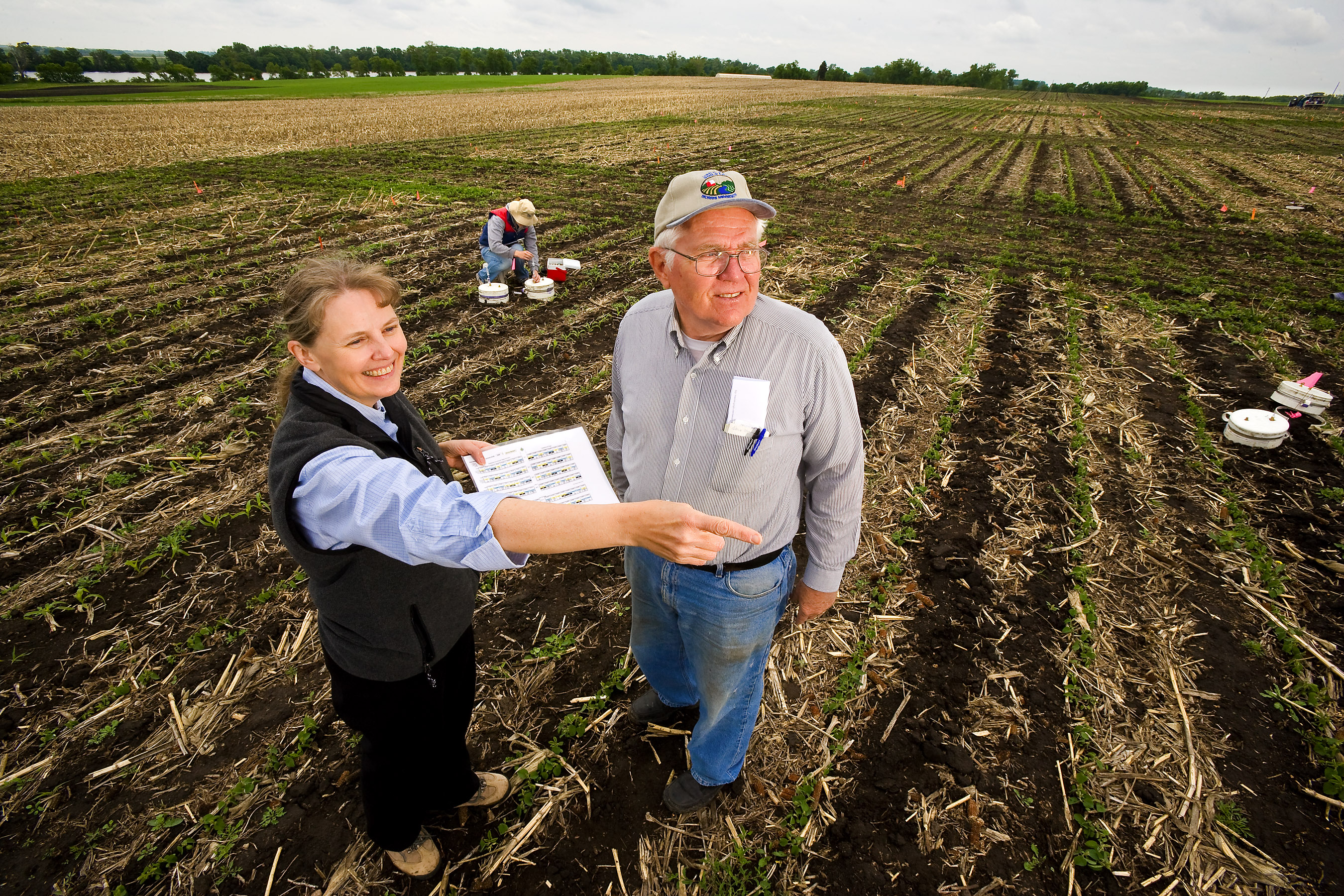“In carbon cycling, the carbon is captured in the process of photosynthesis, some goes into the roots, some goes to feed the microbes and the fungi, but a good portion of that carbon goes into the ear of corn that we take and either eat, or process, or feed the cattle.…” — Don Reicosky
Don Reicosky is a leading expert on carbon cycle management in agriculture. An internationally recognized author and speaker, Reicosky was among the first to research the relationship between CO2 and tillage.
In this episode, Frank talks with Don about the research he’s conducted over the years, including how he got interested in the carbon cycle and why farmers need to focus on managing it. He explains why it’s more complicated than the common perception of carbon sequestration and discusses how carbon cycling fits into today’s carbon credits programs.
In addition, Don talks about the role of carbon in climate change, the social implications of using no-till and cover crops, how sometimes farm management decisions are made using the wrong metrics and much more!
P.S. There’s lots more great no-till stories and history in Frank Lessiter’s new book, From Maverick to Mainstream: A History of No-Till Farming. Check it out here.
The No-Till Influencers & Innovators podcast series is brought to you by Martin Industries.
Our customers believe that Martin-Till®️ products provide an excellent return on their investment. We know this because a large percentage of them are repeat customers since the beginning in 1991. Our planter attachments help make it possible to plant into higher levels of residue and moisture. Higher levels of mulch means less erosion, improved soil tilth and fertility, which can reduce production costs. Martin Till’s goal is to increase yields and save you time and money. We hope you find something from our product offerings of row cleaner, UMO’s, closing wheels systems and recently added concaves that will make this year’s planting & harvesting go better for you. After all, you deserve the best!
Intro Music: Adam Selzer - True North
Interlude Music: Alialujah Choir - Little Picture (Instrumental)
Related Content
-
Digging Into the Principles of Regenerative Ag
Based on the principles of building healthy soil, regenerative ag aims to not only sustain farm productivity but to actually work with nature to regenerate the soil, increase biodiversity and enhance the farming ecosystem.













